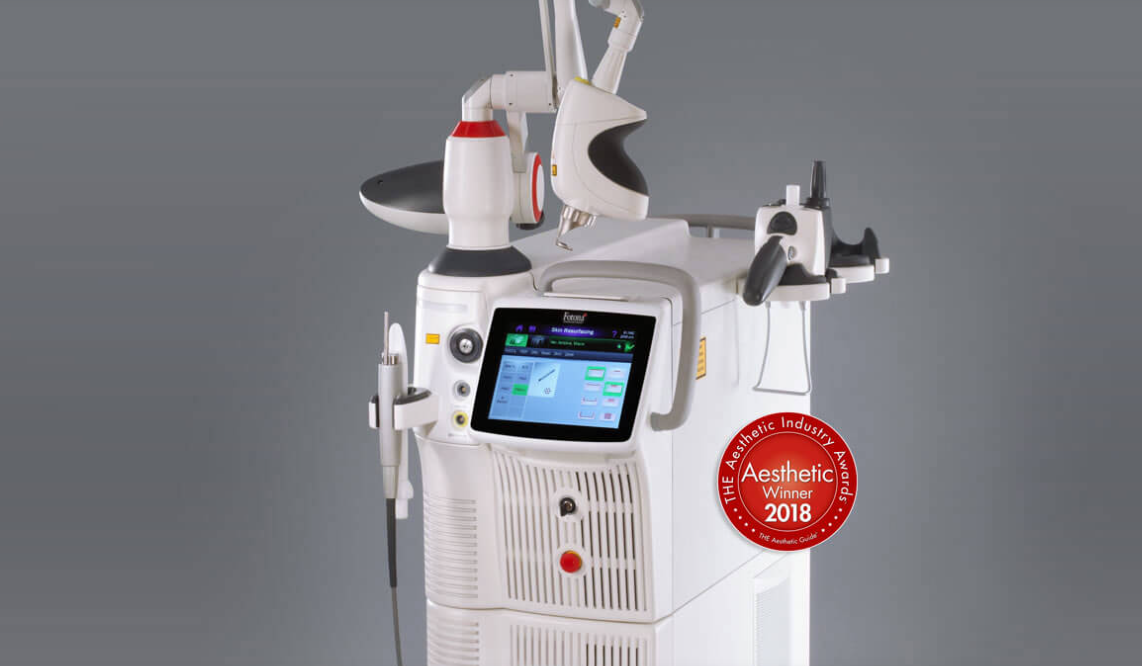Are you or a loved one — or both of you — feeling the negative side effects of excessive snoring? According to Johns Hopkins Medicine, “an estimated 45 percent of adults snore occasionally, while 25 percent snore regularly—often disturbing their bed partner’s slumber and possibly their own, too.” (Source)
The impact is unequivocally bad for health. Johns Hopkins research points out that snoring often interferes with the quantity and quality of sleep. “Sleep is a key part of good health. Getting enough sleep may help the body recover from illness and injury. Not getting enough sleep over a period of time is linked to health problems, including obesity, diabetes and heart disease.” (Source)
The mental benefits of sleep are also important. Sleep problems can make daily life feel more stressful and less productive. Some people with chronic trouble sleeping (insomnia) are more likely to have mental health problems. Sleep problems are also tied to depression. In a research survey, people who had trouble getting enough sleep had trouble doing tasks involving memory and learning.
Snoring occurs when air is not able to move freely through the nose and mouth during sleep. This is due to a narrowing of the airway, which causes the tissues to vibrate and make an audible sound.
What is NightLase Therapy?
Here at the Mugford Center for Periodontics and Dental Implants, we rely on a technology from Fotona called NightLase® therapy. Utilizing Fotona’s patented Er:YAG laser, it is a non-invasive, gentle treatment that induces tightening of the oral mucosa tissue within the back part of the mouth. In effect, NightLase is proven to reduce the effects of sleep apnea and decrease the amplitude of snoring.
The system uses the gentle power of the laser for the superficial penetration of heat into the tissue, without ablation. As the laser light heats the tissue, the tissue tightens, which leads to a reduction in the sound of patients snoring and a lessening of the effects of sleep apnea. Patients can usually expect to have three separate 20-minute treatment sessions over a six-week period.
Positive Impact on Snoring and Sleep Apnea
“Besides it being a non-invasive, ‘walk-in walk-out’ procedure, we have embraced this therapy because of its efficacy,” says the Mugford Center’s Dr. John Bruce. “We usually see immediate results from day one, including a 50% reduction in snoring. “Our patients benefit from a better quality of sleep and high comfort levels throughout the procedure and post-procedure.”
Research has shown that patients can expect to return to their everyday routine immediately, improved sleep quality and audibly reduced snoring noise for up to a year.
Research has shown that NightLase reduces and attenuates snoring and provides an effective, non-invasive way to lessen the effects of sleep apnea.
Who is a Candidate for Laser Snoring Treatment?
According to Dr. Bruce, laser snoring treatment is an excellent option for patients who have snoring problems but don’t want to undergo surgery. “Patients who have mild to moderate snoring are the best candidates for laser snoring treatment. However, patients with severe snoring may still require surgery to effectively treat the condition.”
Next Steps to Treating Snoring Problems
If you or a loved one would like more information on NightLase® therapy, please call us today to find out if you might be a candidate. You may reach us at our Crofton Maryland office at: (410) 260-0790.

